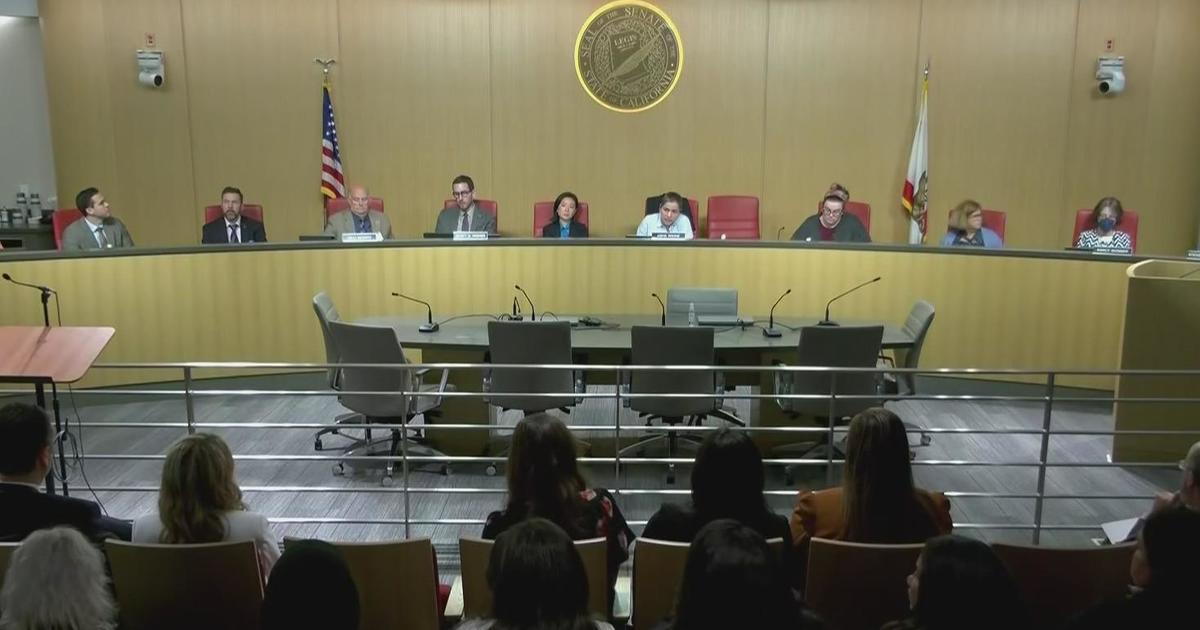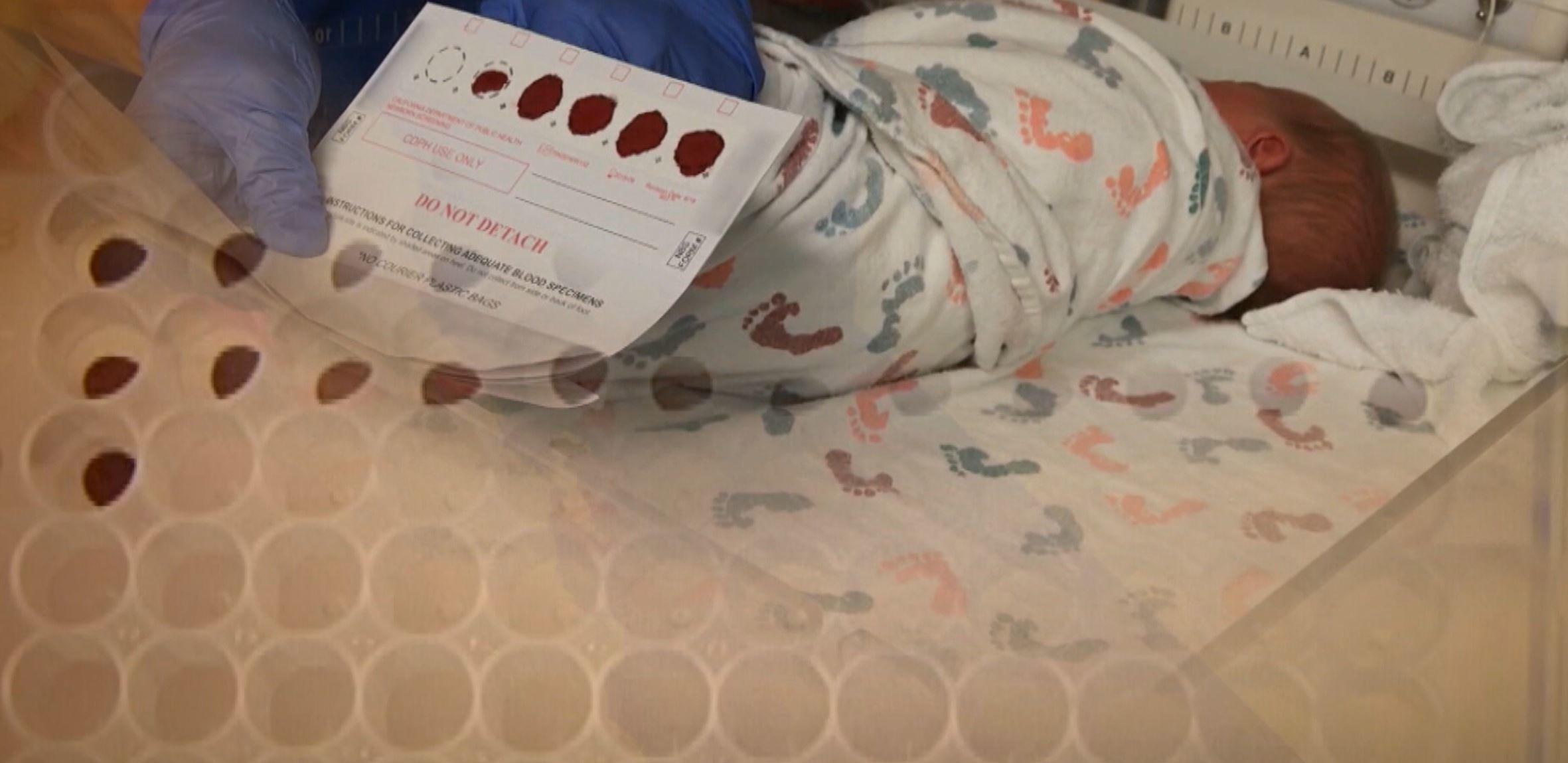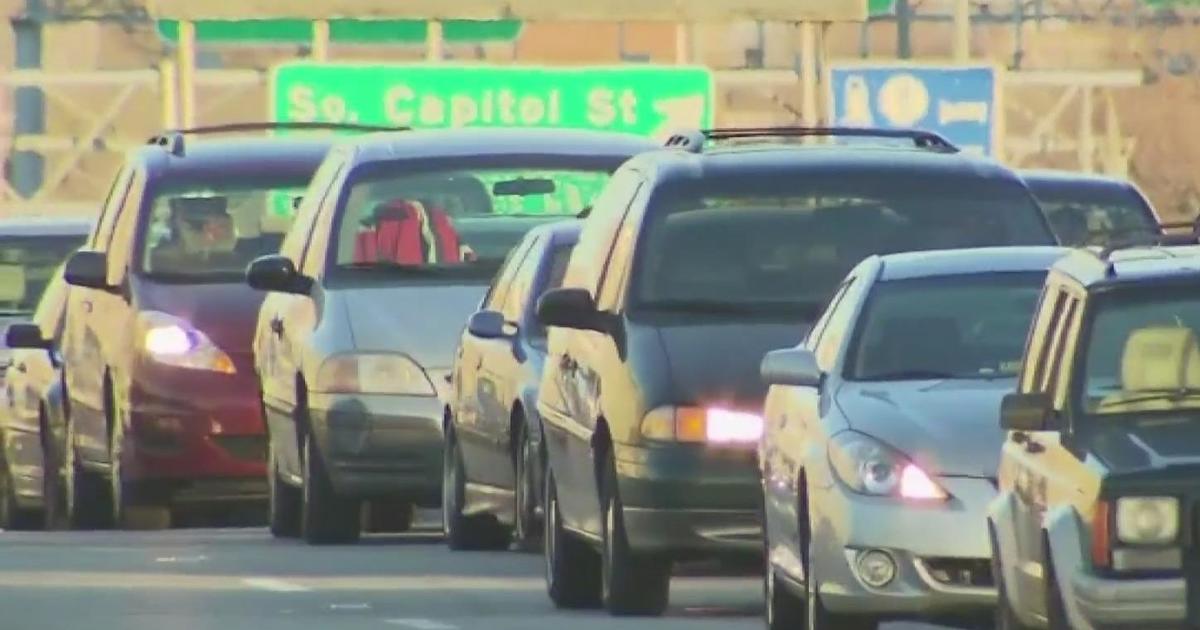California Lawmakers To Vote On Revised $115.4B Budget
SACRAMENTO, Calif. (AP) - With Gov. Jerry Brown's blessing, the California Legislature is expected to easily approve a revised $115.4 billion state spending plan Friday that sends billions of dollars more to public schools and universities, lifts some working poor families out of poverty and extends health coverage to poor children regardless of their legal status.
The Assembly and Senate scheduled morning legislative sessions to vote on the compromise budget, just days after passing their own $117.5 billion package without the governor's approval.
Democrats who control both houses of the Legislature had sought more spending on social welfare programs in the fiscal year that begins July 1. But Brown held firm against expanding many services, relying on a lower projection for how much tax revenue the state will bring in.
Brown allowed Democratic legislative leaders to keep some of their priority programs such as boosting the number of state-subsidized child care slots, giving in-home support workers a raise and expanding state-subsidized health care coverage to children from low-income families who are in the country illegally.
The Democratic governor said the state will pay for those initiatives but still limit state spending next year by finding savings in other programs, including fixing an accounting error in health spending.
Brown will also call two special sessions to address how California pays for roads, highways and other infrastructure and Medi-Cal, the state's health care program for the poor. But Republicans warn that Democrats could use those sessions to propose new taxes on gasoline, cigarettes and health care.
The administration estimates there is a $5.7 billion annual backlog in road repairs, and Brown is calling for financial fixes to Medi-Cal, which has grown to cover more than 12 million Californians, or nearly one-third of the state's population, under the federal health care reform law.
The compromise budget spends billions more from kindergarten through community college and channels additional money to schools with high levels of low-income students and English-language learners.
Public colleges and universities will get more support. California will add thousands of state-subsidized child care and preschool slots while increasing pay for those teachers and caretakers.
To provide relief to the poor, the state will establish an earned income tax credit that would help up to 2 million Californians from low-income working families. The state also will adopt an amnesty program for residents who can't afford to pay off spiraling fines and penalties that have resulted in 4.8 million driver's-license suspensions since 2006.
There is also $40 million to begin extending health coverage to children from poor families who are in the country illegally, which will increase to $132 million annually once fully implemented.
Legislative Democrats have vowed to continue their push to restore spending on a host of social welfare programs that were cut during the recession, including eliminating a cap on welfare payments for low-income women who have more children and raising payments for doctors who care for the poor.
Advocates for people with disabilities said they felt particularly snubbed because the budget deal left out extra support the Legislature had approved for transportation, job coaching and housing for people with autism, Down syndrome and cerebral palsy.
Copyright 2015 The Associated Press.



